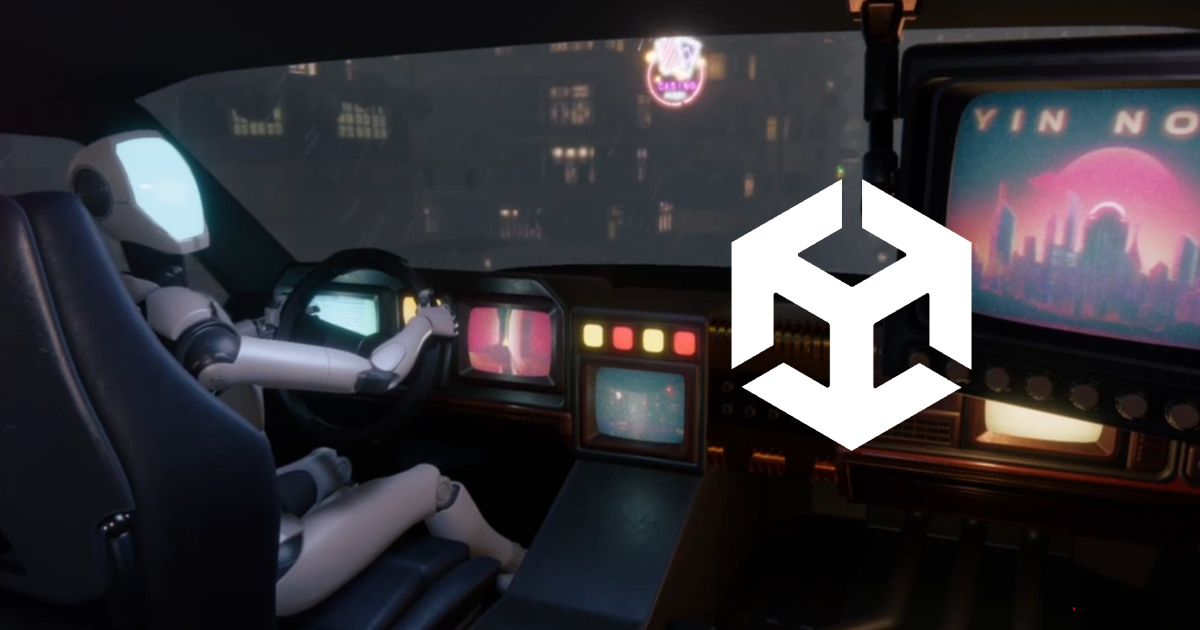Unity 6 to feature AI game development tools, end-to-end multiplayer support, and more
Unity has announced the new major version of its engine that will feature various improvements such as performance optimization and accelerated multiplayer game creation. However, the biggest highlight is the new AI tools for developers.

Presented during the Unite 2023 Keynote and called Unity 6, the next Long Term Support (LTS) release will become available in 2024.
The new version of the engine will support:
- Adaptive Probe Volumes, which will help devs creat more immersive and natural lighting scenarios;
- End-to-end multiplayer capabilities with better cross-play features and support for over 100 players (these capabilities will be highlighted in the upcoming Megacity Metro sample game);
- New WebGPU graphics backend, allowing developers to run their gaes on the web, including in a web view inside native apps or inside a browser;
- Unity Cloud (currently in Early Access).
To showcase the new features of Unity 6, including GPU Resident Drawer and GPU Occlusion Culling, the company released Fantasy Kingdom, an environment demo built with assets from Synty Studios.
Last but not least, Unity 6 will introduce the early versions of its AI game development tools that wer announced earlier this year:
- Unity Muse — AI platform that allows developers to create textures, sprites, animations, and assets in the Unity Editor using text prompts and sketches;
- Unity Sentis — solution that integrates neural networks in the Runtime to enhance gameplay and other elements of games by running them on end-user devices using AI technologies.
Unity Create president Marc Whitten told Game Developer that customers should feel secure using the new AI tools: “There’s a real focus on making sure that there’s an understanding of the data that builds the models. Texture uses our data — data we have the rights to — and we created a synthetic dataset on top of that with variations so you can build from there.”
In September, Unity received a huge backlash from the gamedev community after rolling out the Runtime Fee pricing policy. This forced the company to eventually revamp the model (or, at least, its most controversial elements), and also led to the resignation of CEO John Riccitiello.
However, in its latest financial report, Unity called the Runtime Fee a “critical step to make Create [Solutions] a sustainable business.” The company is now reviewing its product portfolio, which will likely result in layoffs, to deliver faster revenue growth and tighten the integration between its Create and Grow divisions.